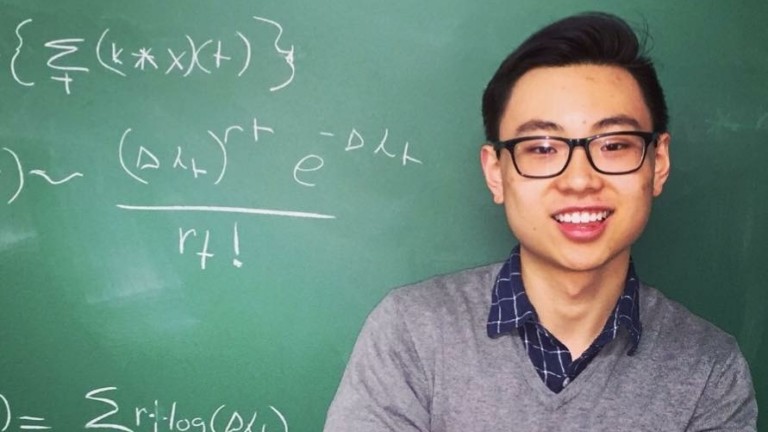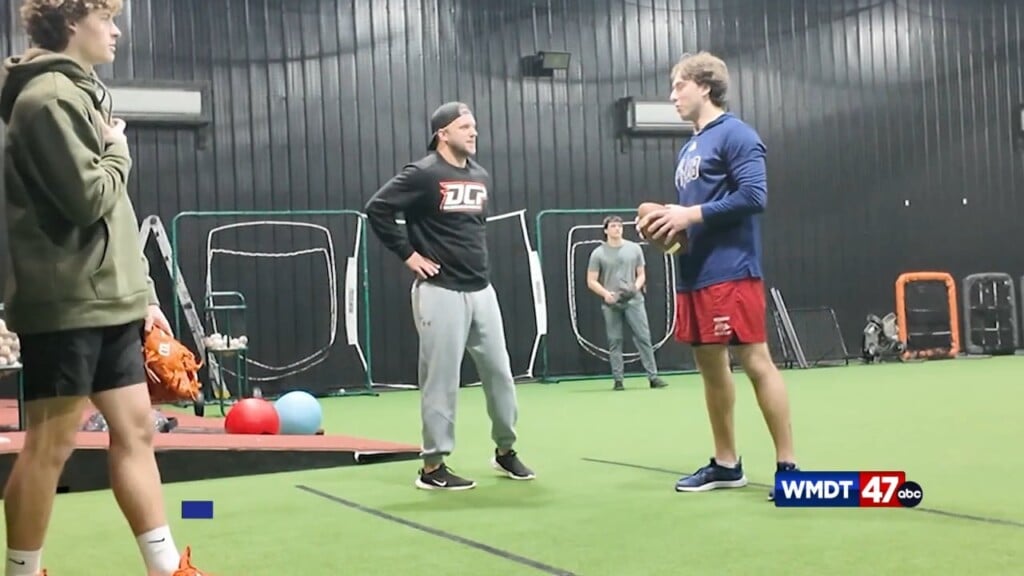High school student to present research that could lead to Alzheimer’s treatment

Plans for prom, thoughts of what college is going to be like, one senior in Salisbury has more than that on his mind.
Michael Li, a senior at Bennett High School in Salisbury plans on continuing his research on the rear part of the brain in the hopes of leading to the development of treatment of neurodegenerative diseases like Alzheimer’s or Parkinson’s.
“I thought it was really cool that you could use these as tools you know math and computer science as tools to basically develop a bigger understanding on how the brain works and unravel the mysteries of the brain,” says Michael Li.
Michael will soon be on his way to Washington, D.C. to compete in the one of the most prestigious pre-college science competitions in the country to present his extensive research.
Last summer, Michael spent some time with a neuroscientist at a program at Stony Brook University. He tells 47 ABC that’s where he developed a statistical model to study a part of the brain know as the posterior parietal cortex. The posterior parietal cortex is the part of the brain that takes images and sound and is responsible for planning out movement and guiding interactions. Michael tells us that malfunctions in this part of the brain have been associated with neurodegenerative diseases.
“Before we treat these diseases we need to actually understand how the brain or the organ that these diseases are afflict, and how they actually work,” says Li.
Through his results he found that there are two neurons that work collectively in order to plan out movement. Michael referred to these two neurons as “expert neurons” and “multi-tasking neurons”. He says this data can lead to fundamental understanding on how neurons work and pose ways to treat these diseases.
Michael will be presenting his research in front of world renown scientists this weekend. The competition known as the Intel Science Talent Search began back in November where 1,800 student started the competition and now he’s one of 40 people who have been picked for the final round of the competition. However, for Michael the most significant thing is that his research could be leading to new developments on how neurodegenerative diseases are treated.
“The research that I start now will eventually be able to help people in the future whether that be ten years from now or twenty years from now,” says Li.
Finalists for the Intel Science Talent search will be competing for more than $1,000,000 in awards, and the top three spots will be receiving $150, 000 each. As for Michael, he plans to study computer science, but has not decided on what college he plans on attending.


